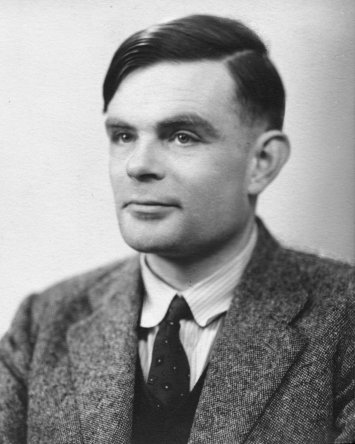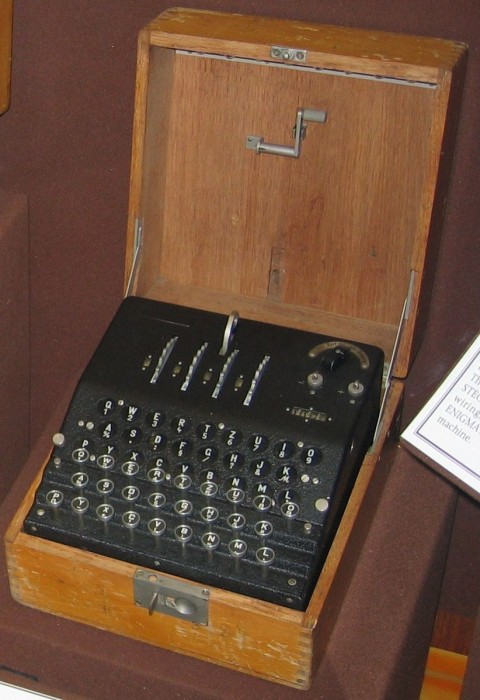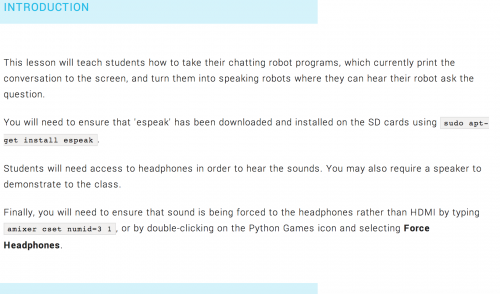| Last week saw the London Film Festival open with the premier of The Imitation Game, a film which chronicles the awe-inspiring work of Alan Turing cracking the German naval Enigma machine at Bletchley Park, Britain's code breaking centre during WWII.
Alan Turing was a man of startling intellect and one of the founding fathers of computer science. After his work at Bletchley, Alan Turing went on to make significant contributions to the development of ACE (Automatic Computing Engine) at National Physical Laboratory (NPL), and later on the Manchester Mark 1 at Manchester University. Turing was a mathematician, logician, cryptanalyst, philosopher, computer scientist, mathematical biologist, and also a marathon and ultra-distance runner (all qualities to which I can only aspire and fail to measure up on every count). Of course, the tragedy of his life is how he was persecuted and prosecuted for his sexuality, which ultimately led to him taking his own life. This injustice was eventually recognised by the British Government in 2012, leading to a posthumous pardon by HM Queen Elizabeth in 2013. To this day Alan Turing remains one of the most notable figures in the development of computing in the UK.
As an undergraduate at King's College Cambridge, Alan Turing studied mathematics. It was during this time he did his seminal work on computation. Turing devised a methodology of describing hypothetical abstract machines, and demonstrated such machines are capable of performing any mathematical computation if it could be represented as an algorithm. Turing machines are a central object of study in the theory of computation. Building on this earlier work in 1949 Turing proposed an experiment, the Turing test. In this test Turing attempted to understand and define the basis of machine "intelligence". Turing's assertion was that a computational device could be said to be “intelligent” if a human interrogator could not distinguish between the responses from the machine and that of another human being, through conversation alone. To this day the Turing test continues to spark debate around the meaning of artificial intelligence, so in homage of his work we've created an educational resource – a whole scheme of work for KS2 and KS3 – for teachers to explore the Turing experiment. At Bletchley, Turing had a bit of a reputation. He was nicknamed "The Prof" in recognition of his curious mannerism, his intellect and his understanding of computation. Here at Pi Towers, we are keen on all things computing, and we are always looking for ways to grow the next generation of Turings, so in conjunction with ARM Holdings and Oxford University we are proud to support and sponsor the UK Bebras Computational Thinking Challenge. The Bebras Computational Thinking Challenge is open to all schools in the UK, for pupils from Year 2 to Year 13, and runs during the week beginning November 10. The challenge is free to enter, takes about 40 minutes and is completed online. If you are not sure what to expect, you can have a go at questions from previous year's competitions here, but if you are interested in taking part in this year's competition your school must register by October 31. Not in the UK ? Don't worry, this is only the UK chapter of an international competition, so you can find out your national organising body at the Bebras site under countries. |
A Semi-automated Technology Roundup Provided by Linebaugh Public Library IT Staff | techblog.linebaugh.org
Monday, October 20, 2014
Seeking the next Alan Turing – the Brebras Computational Thinking Challenge
Subscribe to:
Post Comments (Atom)



![beaverUK2[1]](http://www.raspberrypi.org/wp-content/uploads/2014/10/beaverUK21.png)
Impressive!Thanks for the post. This is the article that might be a great help for you where you can learn about color blind test">color deficiency ranging from mild to extreme, it’s not uncommon for an individual to never know they live with the condition. Thank you.
ReplyDelete